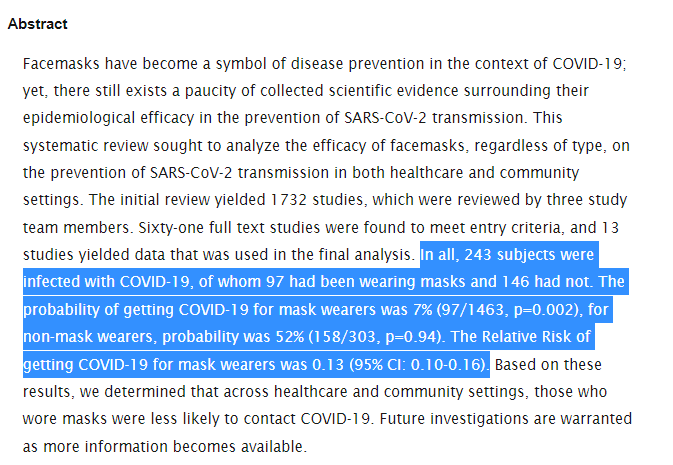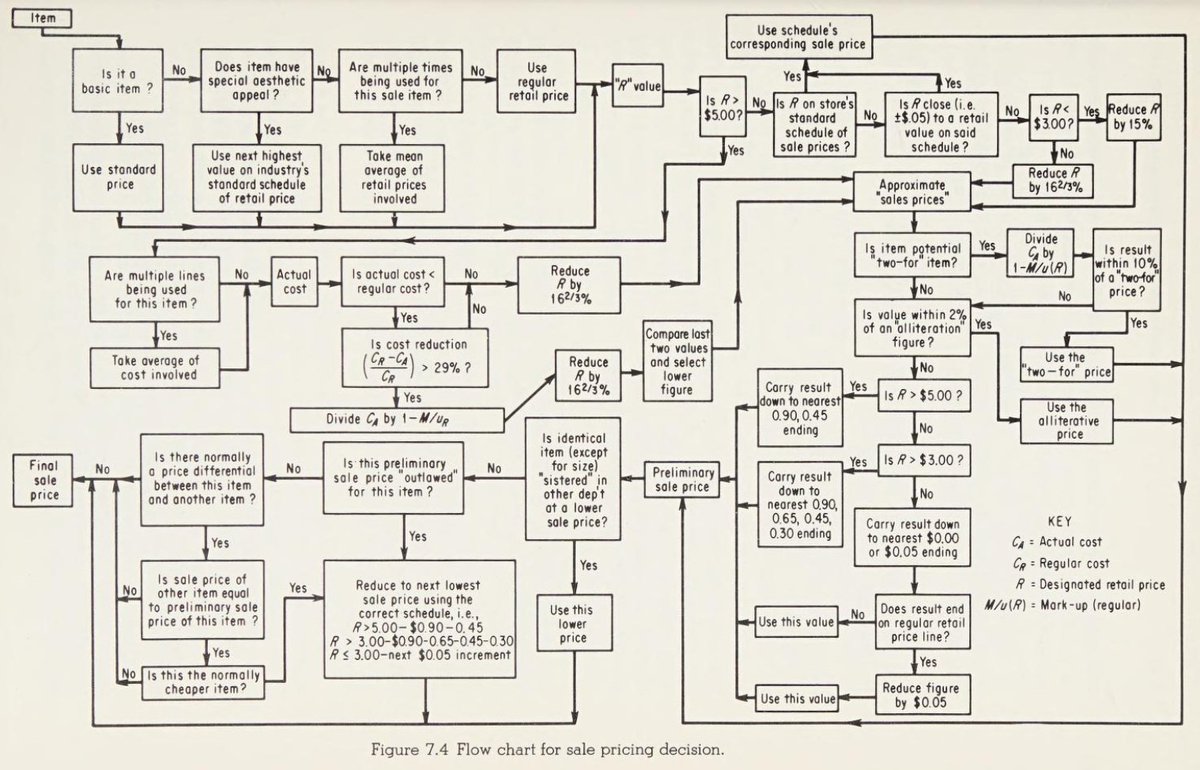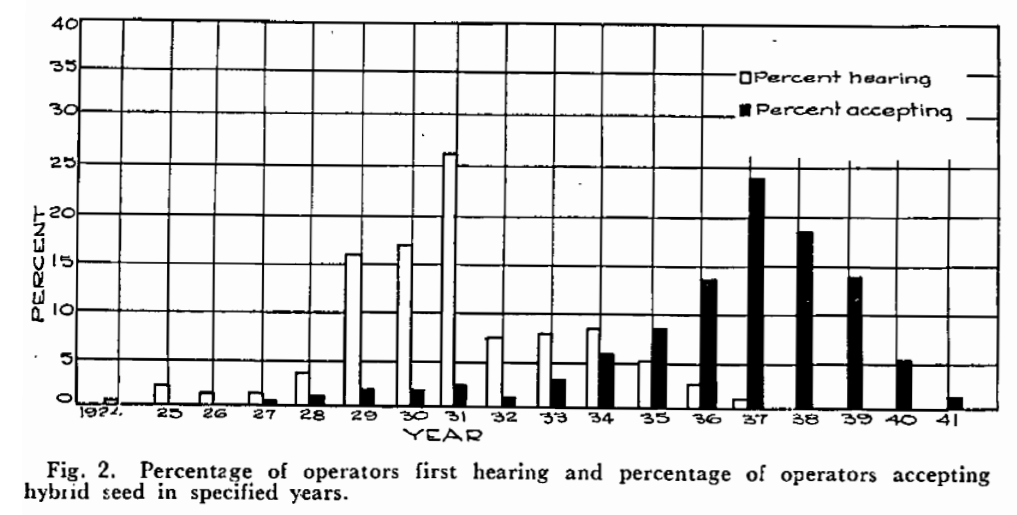
How to get URL link on X (Twitter) App


https://twitter.com/beenwrekt/status/1611738182533668870Exhibit 1. A short clip on just how much Silicon Valley runs on game theoretic concepts, in many cases decades adopted decades after they had been invented and languished in obscurity. link.medium.com/wtm0D49zqwb

 @prof_freedom @Karl_Lauterbach Wie schon mehrfach erwähnt, ein Faktor 0.95 oder vielleicht auch 0.9 in begrenzten Szenarien (vollbesetzte Züge) wäre ein plausibles und aufschlussreiches Ergebnis. Das hier ist der übliche Sondermüll. Lern Statistik, Kalle.
@prof_freedom @Karl_Lauterbach Wie schon mehrfach erwähnt, ein Faktor 0.95 oder vielleicht auch 0.9 in begrenzten Szenarien (vollbesetzte Züge) wäre ein plausibles und aufschlussreiches Ergebnis. Das hier ist der übliche Sondermüll. Lern Statistik, Kalle.
https://twitter.com/veit_markus/status/1546439954380775426The story that plays out with the complaints about rail operations (certainly justified, it's a mess) is the same story that plays out almost everywhere in the Western world: extremely stupid decisions on the political leadership level put massive strain on the operational level.

 The evaluation was conducted by an economics think tank using a Diff-in-Diff approach (good) over hospitalizations (good) for the Winter 2020-21 wave (bad). 2/n
The evaluation was conducted by an economics think tank using a Diff-in-Diff approach (good) over hospitalizations (good) for the Winter 2020-21 wave (bad). 2/n 



 Who is C.G. Moore? Can't find any reliable evidence about his career after this. digitalcollections.library.cmu.edu/node/32143
Who is C.G. Moore? Can't find any reliable evidence about his career after this. digitalcollections.library.cmu.edu/node/32143 

 The paper reconstructs the beginning of the pandemic before the first public case in Codogno (Feb 14). It was already widespread in Lombardy by mid February, and showed no connection to population density.
The paper reconstructs the beginning of the pandemic before the first public case in Codogno (Feb 14). It was already widespread in Lombardy by mid February, and showed no connection to population density. 

https://twitter.com/oliverbeige/status/1389247143022628864
 WW2 put pressure on US food supplies, and a variety of technological innovations in agriculture promised improved yields. The rural sociologists were mostly concerned how these improved technologies could be made attractive to farmers, a notoriously skeptical bunch.
WW2 put pressure on US food supplies, and a variety of technological innovations in agriculture promised improved yields. The rural sociologists were mostly concerned how these improved technologies could be made attractive to farmers, a notoriously skeptical bunch. 
